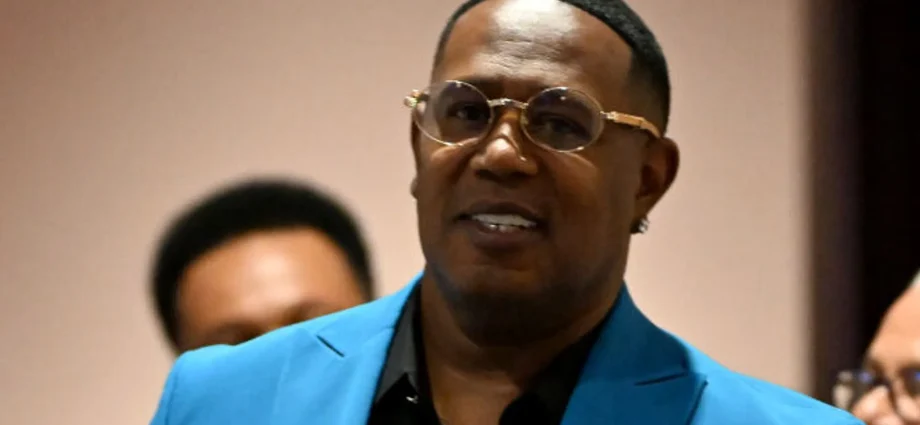Master P joined New Orleans Mayor LaToya Cantrell to mark the reopening of Bourbon Street, a historic moment for the city as it recovers from a devastating attack that left at least 14 people dead. In an Instagram video posted on January 2, the No Limit founder shared his thoughts while walking down the iconic street. “I’m out here, standing up for our people on Bourbon Street and in New Orleans,” he said. “We’re going to bounce back. It’s nothing but love here, showing that Bourbon Street is opening back up.” Master P also expressed resilience, adding, “This evil act that happened, it can’t stop the Lord’s plan.”
The video showed Master P connecting with locals and leading a procession of officials down the reopened street, accompanied by music and a palpable sense of community strength. He captioned the post: “Built on Resilience. We Stronger Together. City Of New Orleans.” The reopening comes just days after a tragedy on New Year’s Eve, when a rented pickup truck plowed into a crowd of revelers, killing 14 and injuring many others. Authorities identified the driver as Shamsud-Din Jabbar, a U.S. Army veteran who reportedly aligned with ISIS in recent years. Jabbar was fatally shot by police at the scene.
Master P Returns Home To Aid Bourbon Street After Tragedy
Recordings attributed to Jabbar and shared online reveal his extremist views, condemning music and other cultural expressions as “forbidden.” In one recording, he claimed, “Music entices us to engage in illicit acts, from drugs and violence to arrogance and betrayal.” In response, President Joe Biden addressed the nation, emphasizing the government’s commitment to uncovering the full details behind the attack.
“I’ve directed federal, state, and local law enforcement to use every available resource to ensure the investigation is thorough and swift,” Biden stated. He reassured the public that every effort is being made to guarantee their safety. Despite the tragedy, the reopening of Bourbon Street symbolizes the resilience of New Orleans.
About The Author
Bryson “Boom” Paul has been a contributor for Hot New Hip Hop since 2024. A Dallas-based cultural journalist, he is a CSUB graduate and has interviewed 50 Cent, Jeezy, Tyler, The Creator, Ne-Yo, and others.
…
Source link

